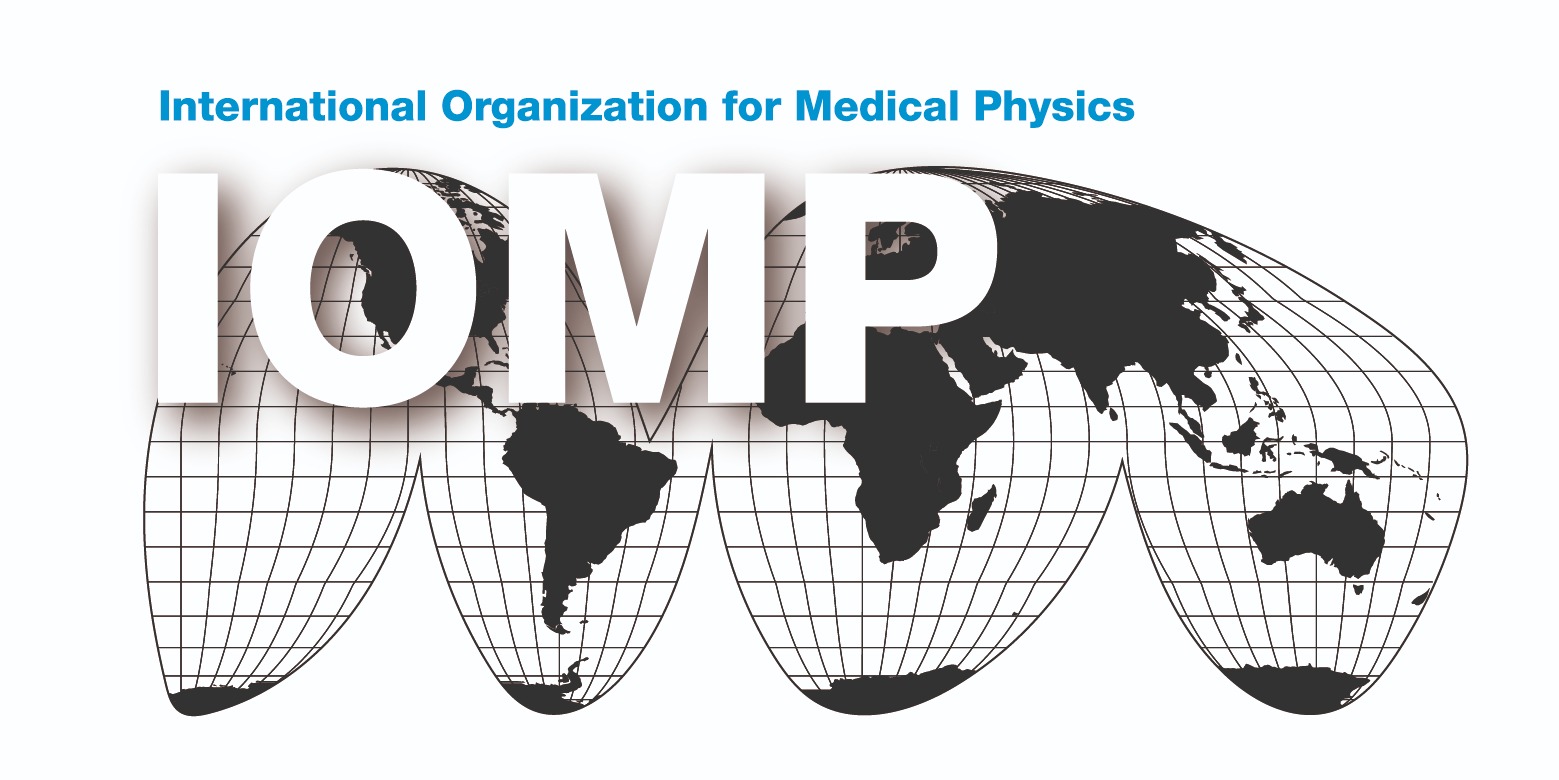Know about the Medical Physics Education in Ghana
C. Schandorf, J.H. Amuasi, A.W.K. Kyere and F. Hasford
Medical Physics Department, School of Nuclear and Allied Sciences, University of Ghana, Accra, Ghana.
Ghana has been having a MSc medical physics program since 2004 and so far 91 graduates have qualified
Q1: Is there Medical Physics degree program in Ghana?
A1: Yes, there is one program.
Q2: Since when:
A2: 2004
Q3: Is this a two years MSc level program:
A3: Yes
Q4: Institutions/Universities where study is done and degree awarded:
A4: School of Nuclear and Allied Sciences, University of Ghana
Q5: How many MSc’s produced so far?
A5: 91
| Year | Nationality | Gender | Sub-total | ||
| Ghana | Foreigners | Male | Female | ||
| 2006 | 6 | 0 | 6 | 0 | 6 |
| 2008 | 4 | 0 | 3 | 1 | 4 |
| 2010 | 3 | 0 | 3 | 0 | 3 |
| 2011 | 4 | 0 | 4 | 0 | 4 |
| 2012 | 4 | 0 | 3 | 1 | 4 |
| 2013 | 4 | 3 | 6 | 1 | 7 |
| 2014 | 6 | 4 | 8 | 2 | 10 |
| 2015 | 7 | 6 | 11 | 2 | 13 |
| 2016 | 9 | 1 | 9 | 1 | 10 |
| 2017 | 8 | 1 | 6 | 3 | 9 |
| 2018 | 10 | 6 | 12 | 4 | 16 |
| 2019 | 2 | 3 | 5 | 0 | 5 |
| Total | 91 | ||||
Q6: Population of Ghana:
A6: 30 million .
Q7: Recognition of the program:
A7: Medical Physics degree program is recognized by the:
- National Council for Tertiary Education (NCTE), Ghana.
- National Accreditation Board (NAB), Ghana.
Q8: Recognition of medical physics in Ghana:
A8: Medical physics is recognized as medical profession in Ghana through the Health Professions Regulatory Bodies Act (ACT 857 of 2013). The profession is regulated by the Allied Health Professions Council (AHPC) of Ghana.
Q9: How many medical physicists in Ghana are currently working and where they work?
A9: 45 (radiotherapy departments: 33%; diagnostic radiology centers: 7%; nuclear medicine facility: 2%; radiological research institutions: 18%; academia: 18%; interns: 22%).
Q10: How many percent of medical physicists working in Ghana are having MSc from Ghana and how many are with foreign degree?
A10: MSc from Ghana: 89%, Foreign degree: 11%
Q11: What foreign assistance has been obtained so far?
A11:
- IAEA: Assistance in establishing medical physics programme in Ghana and supporting human resource development through training courses and workshops, long and short-term fellowships, expert services, etc.
- AFRA/IAEA: Collaboration in designation of Ghana as Regional Designation Centre (RDC) for the training of medical physicists from Africa.
- ICTP: Assistance with human resource development through fellowships, short-term training courses, etc.
- Norwegian Partnership Programme for Medical Physics and Radiography Education (NORPART): Support with human resource development through partnership between Ghana (University of Ghana) and Norway (Norwegian University of Science and Technology). Programme also covers annual summer school and student/staff mobility between Ghana and Norway.
- UCL PaRTner Project: Support with training of radiotherapy personnel.
- IOMP: Support with development of professional recognition within the country and throughout Africa
- FAMPO: Facilitating cooperation and collaboration between medical physics associations in the African region.
Q12: What foreign assistance is needed further?
A12:
- Support in terms of donation of small equipment such as phantoms.
- Collaborative projects on education and training and expansion in radiotherapy and medical imaging services.

